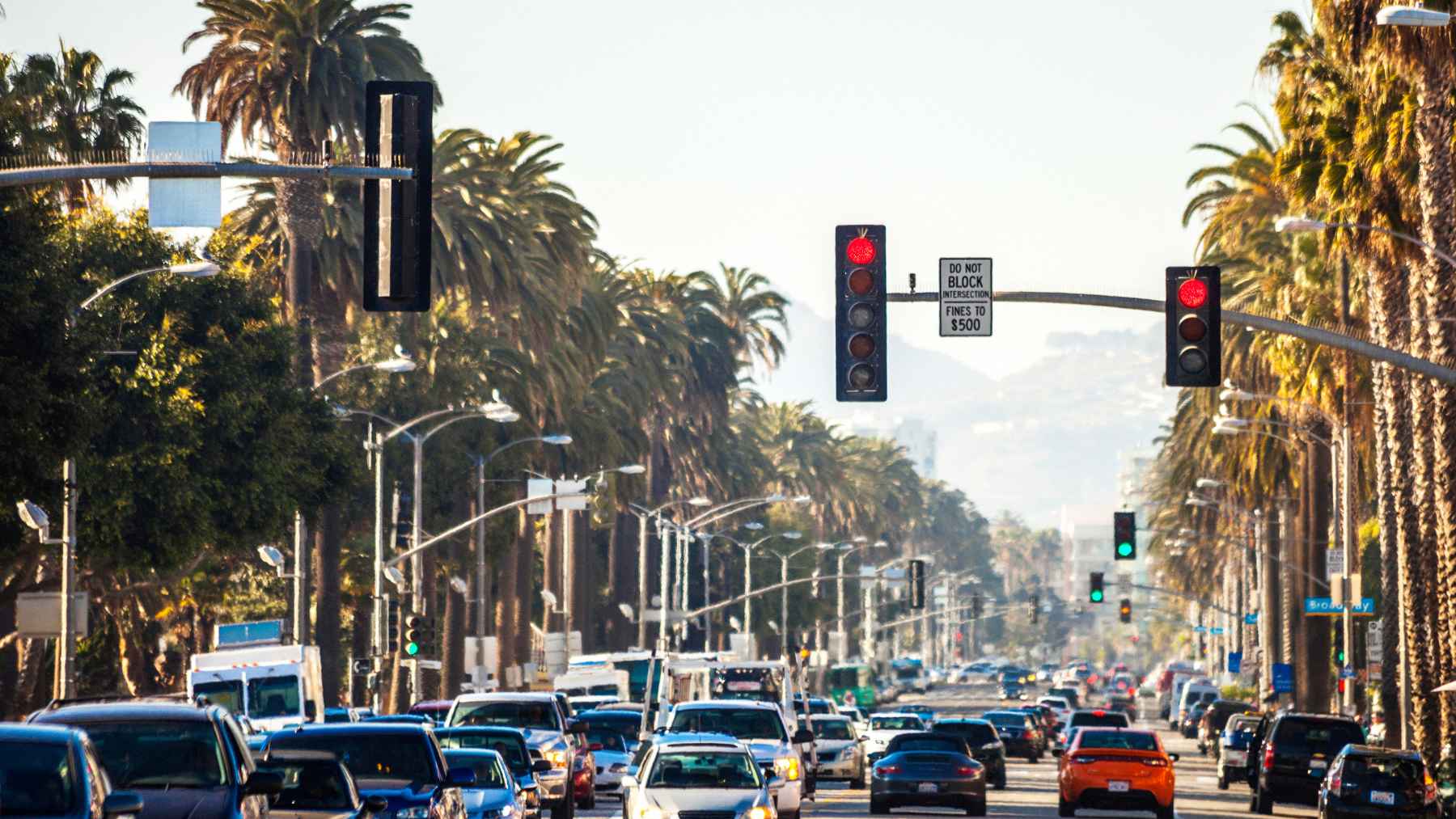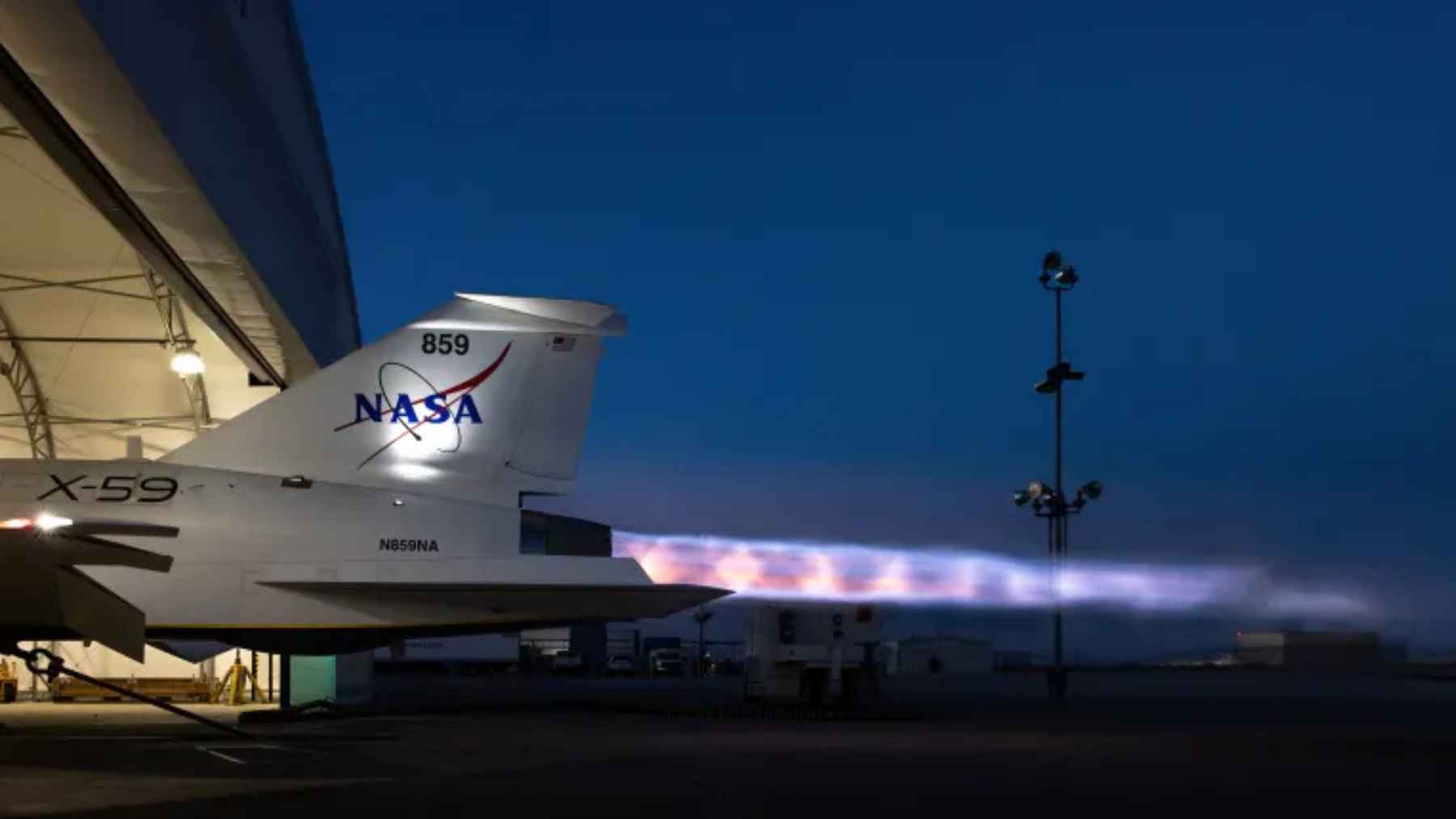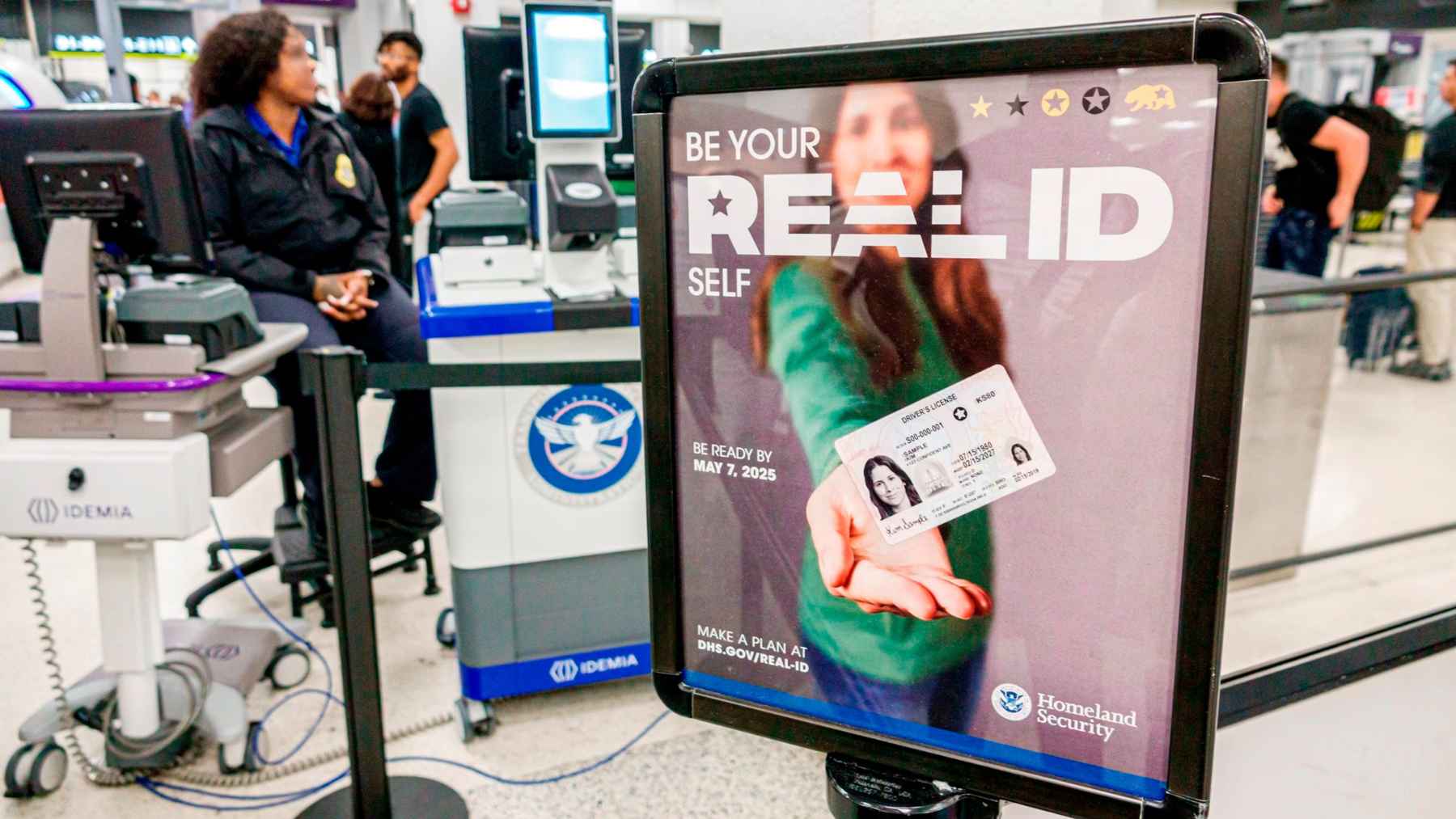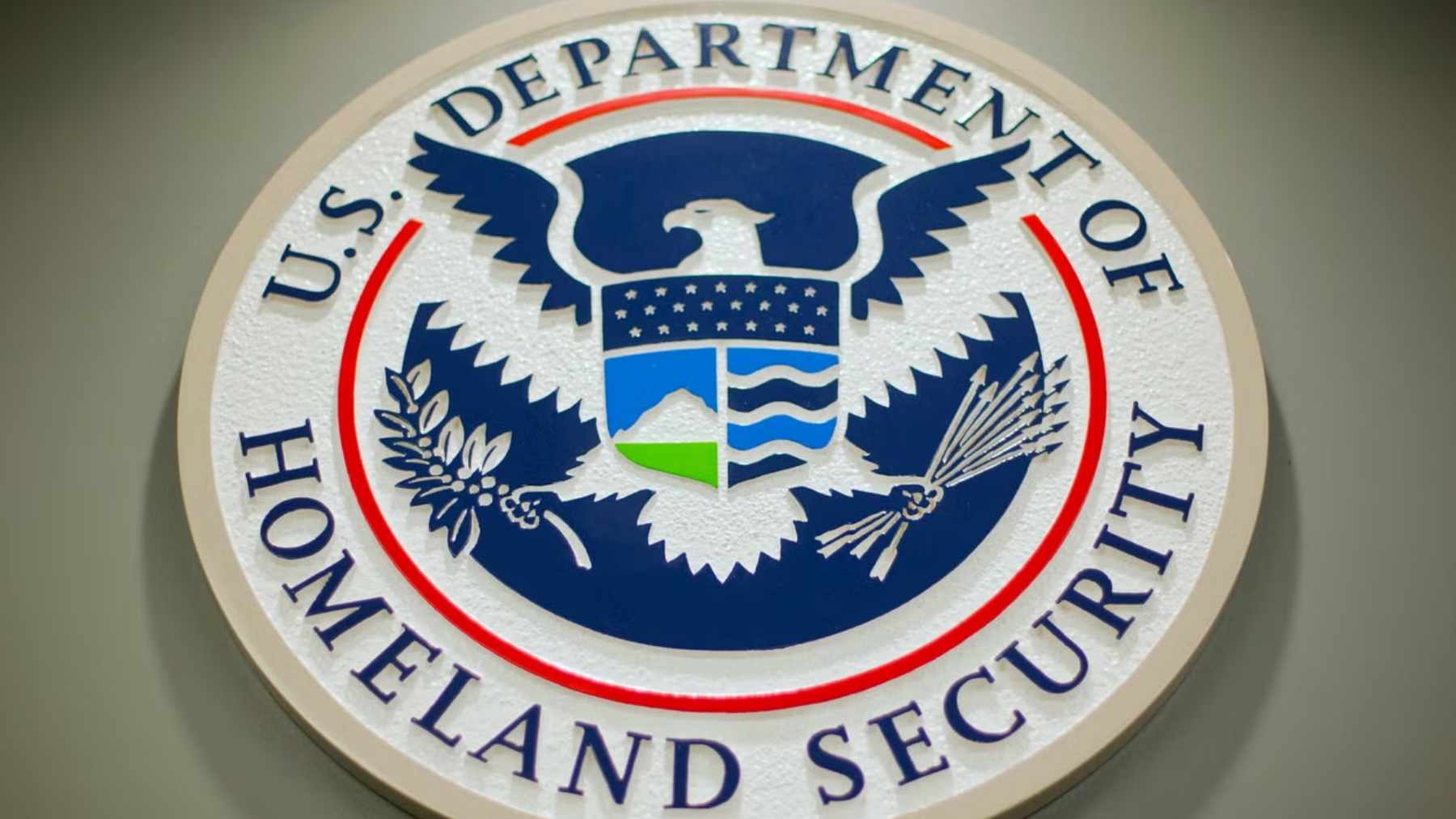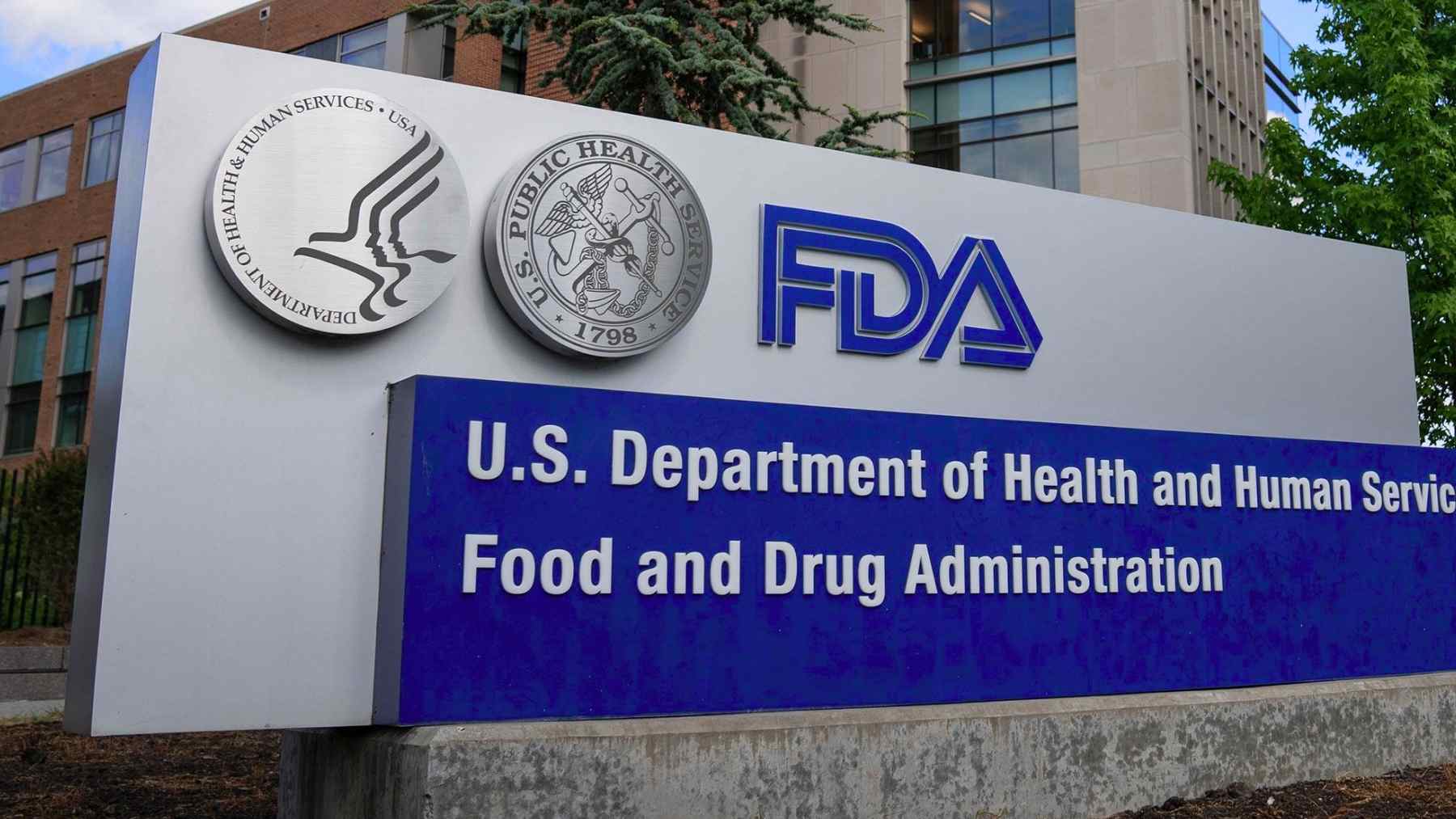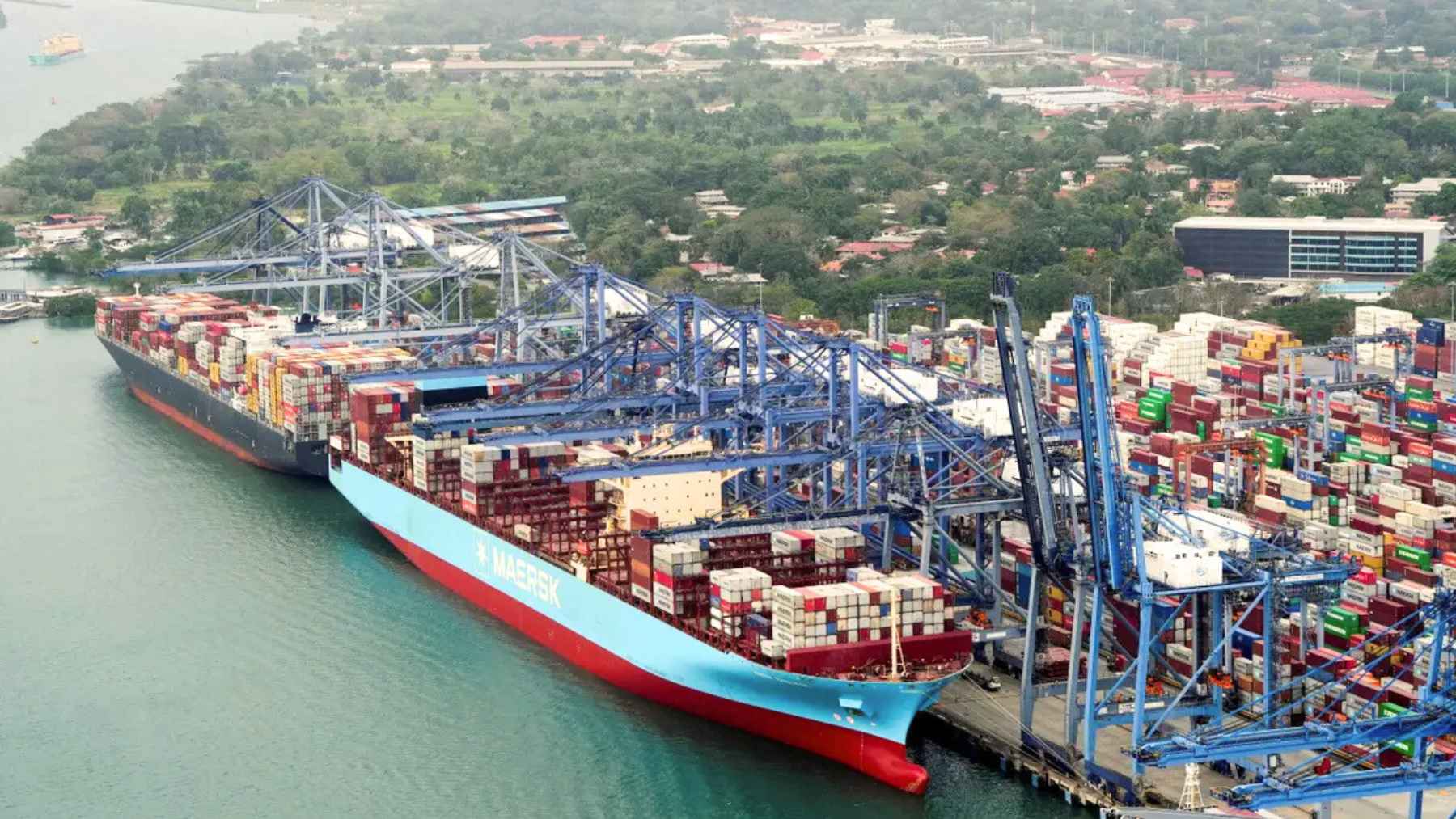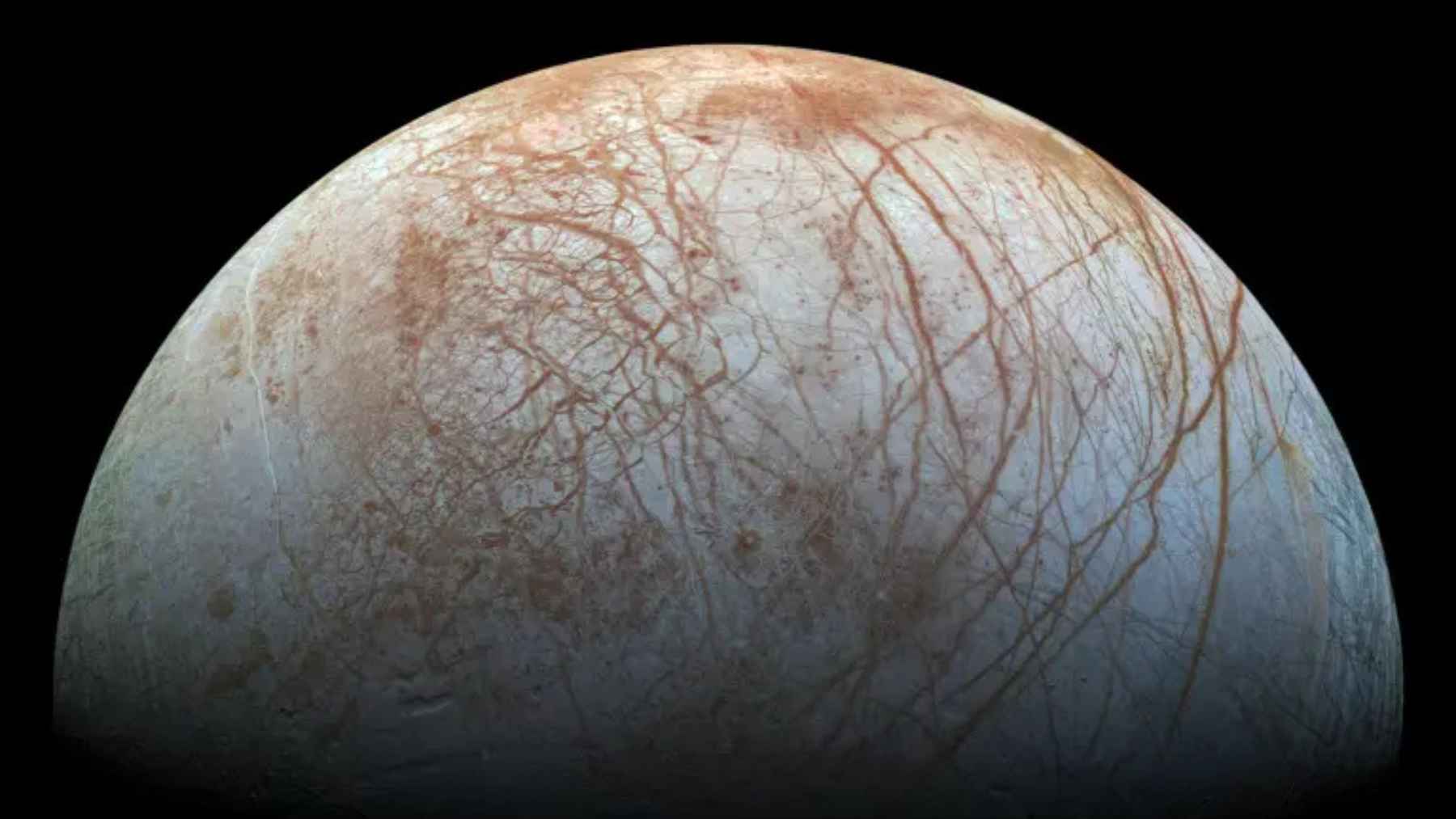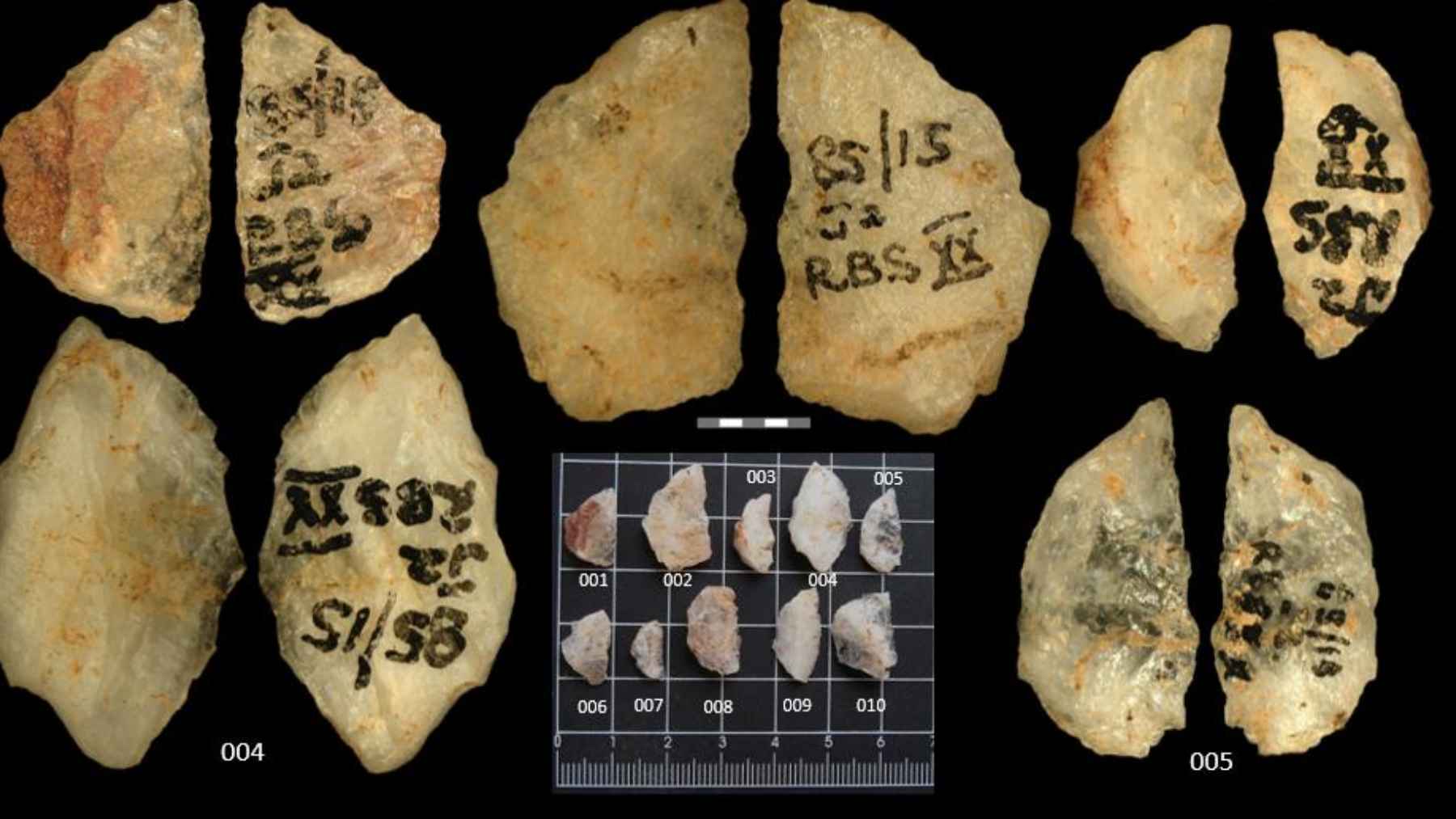These drivers from this state will see specific random fines cut from their payment liability as an early Christmas gift. Traffic fines are the most utilized form of penalties for drivers convicted of breaking the laws of the road. If you continue not to pay for your fines, this can subsequently result in possible jail time and license suspension. However, this month, one state is granting amnesty to these drivers with these fines in order to strive for a more equitable fining system.
Traffic-related fines unfairly target low-income residents
Many individuals have pushed for traffic fine conviction reform due to the way that it can unfairly burden low-income individuals. The intention behind traffic fines is that they are meant to deter drivers from breaking the laws of the road. However, when fines are set at a fixed rate instead of being adjusted based on income, drivers from higher-income backgrounds may not see a traffic fine as a significant consequence to have to face, meaning that they are more likely to break the laws of the road, as the consequence is not understood to be particularly significant.
However, for low-income drivers, traffic fines can be detrimental. If they cannot afford to pay for the fine, this risks incurring increased fines as well as license suspension. This can subsequently result in job loss should low-income drivers have their license suspended and not be able to access transport, perpetuating the cycle of poverty.
This state cuts random fines just before Christmas
As a means to reconcile the traffic fine dilemma, many states have begun to pilot and implement amnesty programs for residents who have been unable to pay their traffic fines. These programs provide low-income drivers the opportunity to have their fines completely eliminated or significantly reduced.
This month, D.C. residents can apply to take part in the Income-Based Fine Reduction Pilot Amnesty Program, whereby low-income families can apply to have traffic fines reduced, which were initiated on account of being caught speeding by automated traffic cameras:
“We’re talking about drivers who receive SNAP benefits, which sometimes folks call food stamps, and it’s going to be a subset of those folks,” D.C. Vision Zero Director Charlie Wilson said.
To have your fine reduced, it must meet the following criteria:
- The vehicle in which the offence occurred must have a D.C. number plate.
- The fine must pertain to a minor violation.
- The fine must be less than $100.
Drivers have until November 11 to apply to have eligible fines forgiven. Fines for more serious traffic violations may not be eligible for the program. This year alone, numerous states have been increasing the severity of fines and other penalties for drivers who continue to commit major traffic violations.
Harsher penalties and convictions to keep the roads safe
To keep the roads safe, authorities must walk a fine line between introducing harsher penalties and convictions for drivers who continue to commit serious road traffic violations while also being mindful of the burden fines place on their low-income residents. Some suggested reforms to ensure that road users are convicted appropriately while not being discriminated against based on income include adjusting fines based on income or providing payment plan options for those who cannot pay the full amount upfront.
With the holiday season rolling in, an uptick of traffic violations is expected with families and individuals travelling for Christmas and New Year’s. Just in time for this, many states have signed into law numerous new traffic legislation bills, which highlight a zero-tolerance approach to violating these laws and endangering the lives of others. Many of these new pieces of legislation target excessive speeding and other forms of distracted driving while behind the wheel.

